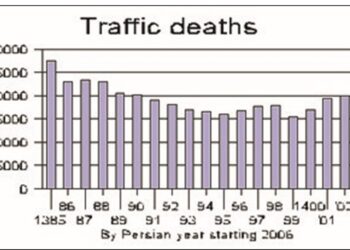The United States said the European Union must do more to ensure that its sanctions are legally watertight or risk undermining the effectiveness of trans-Atlantic cooperation in confronting nations from Iran to Russia.
The warning by Anthony Gardner, the US ambassador to the EU, follows a string of European court verdicts that sided with individuals and organizations such as Hamas subjected to EU asset freezes.
Lawsuits by companies and individuals in recent years “have uncovered a variety of structural and procedural weaknesses in the way the EU develops and administers sanctions measures,” Gardner said in a speech last Thursday at Cambridge University. The EU “has been slower to devote the additional resources needed to develop factual records that will withstand rigorous judicial scrutiny,” he said.
“It has paid the price, most recently in the extraordinary decision by the court in December of last year to annul the EU’s inclusion of Hamas in a list of terrorist groups,” Gardner said.
The EU’s second-highest court last month sided with Hamas in a lawsuit that could lead to the Palestinian militant group being removed from an EU list of terrorist organizations.
About two dozen Iranian companies have won victories in the EU courts over sanctions related to Iran’s nuclear program, when the courts said the EU didn’t show it enough evidence to justify the sanctions. The EU has said much of the information is classified and cannot be shown to a court.
But almost all those Iranian firms who have won court cases have seen the sanctions on them reinstated by the EU based on new evidence—although those, too, could be challenged in court.
“Ferreting out the facts to justify such conduct-based listings is difficult: it requires teams of analysts working together across national borders, often in very time-sensitive circumstances,” Gardner said. The “US has learned this lesson the hard way” after losing cases in the 1990s “because we hadn’t done our factual homework properly,” he said.
The US now has “a sizable staff in our State and Treasury Departments devoted to assembling detailed evidence that will stand up in court,” Gardner said. “As a result, very few sanctions listings are successfully challenged in the United States.”













